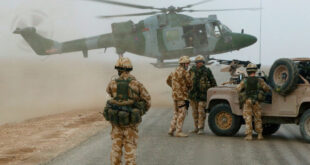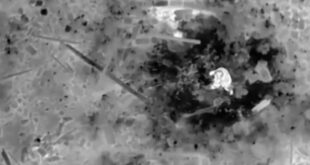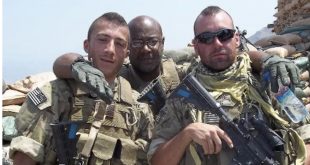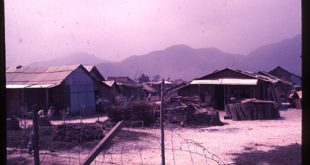Historical” video of the Watervliet Arsenal’s effort to manufacture the “Bunker Buster” Bomb that ended the 1st Gulf War in 1991. This truly was a local team effort as the Army’s Benet Laboratories, which is collocated on the Watervliet Arsenal, and the New York Air National Guard’s 109th Airlift Wing in Scotia, New York, provided critical support in the fielding of this weapon system.
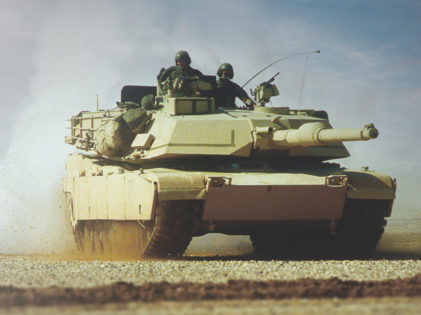
This month’s Army History Magazine has a comprehensive article on the Gulf War.
Thirty years ago, a U.S.-led coalition won a lightning to liberate Kuwait from the Iraqi army.
Though Iraq had the fourth-largest army, eight years of recent combat against Iran had both seasoned and exhausted its troops. After a hundred hours of ground combat, President George H. W. Bush declared a cease-fire, stating that the coalition had succeeded in its goal of ending the Iraqi occupation of Kuwait. Mindful of the threat that American public opinion would turn against a prolonged and costly war, as it had during the Vietnam era, Bush was anxious to secure a swift conclusion to the conflict as criticisms about the U.S.-led coalition waging a disproportionate war were mounting. The day after the cease-fire went into effect, the president exulted over his political and military victory:
“By God, we’ve kicked the Vietnam syndrome once and for all!”1 A proud American nation celebrated its conquering heroes with parades in New York City, Washington, D.C., and elsewhere.
The initial euphoria eventually gave way to frustration as news reports throughout the 1990s chronicled the ongoing struggle to contain Iraq and remove the weapons of mass destruction that it had been building unnecessary, because the United Nations (UN) sanctions imposed immediately after Kuwait’s invasion and occupation had isolated Iraq politically and economi- cally, and the U.S. military force that had deployed to Saudi Arabia in the late summer and early fall of 1990 was sufficient to deter further Iraqi aggression and protect U.S. interests in the region.3
Others claimed the war did not go far enough, because it left Iraq’s brutal dictator Saddam Hussein in power and his army intact. Exactly how the U.S. military could have achieved regime change in Baghdad without alienating Arab members of the coalition and becoming embroiled in a long and costly occupa- tion of Iraq remained unexplained.
for the full Article Visit https://history.army.mil/armyhistory/AH-Magazine/2021AH_winter/AH118.pdf
 Soldier of Fortune Magazine The Journal of Professional Adventurers
Soldier of Fortune Magazine The Journal of Professional Adventurers


